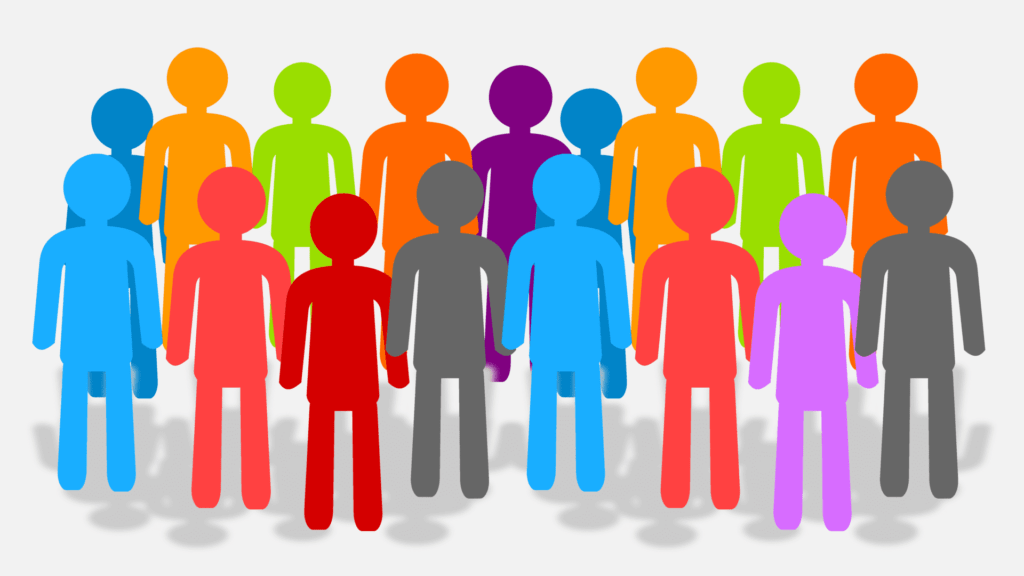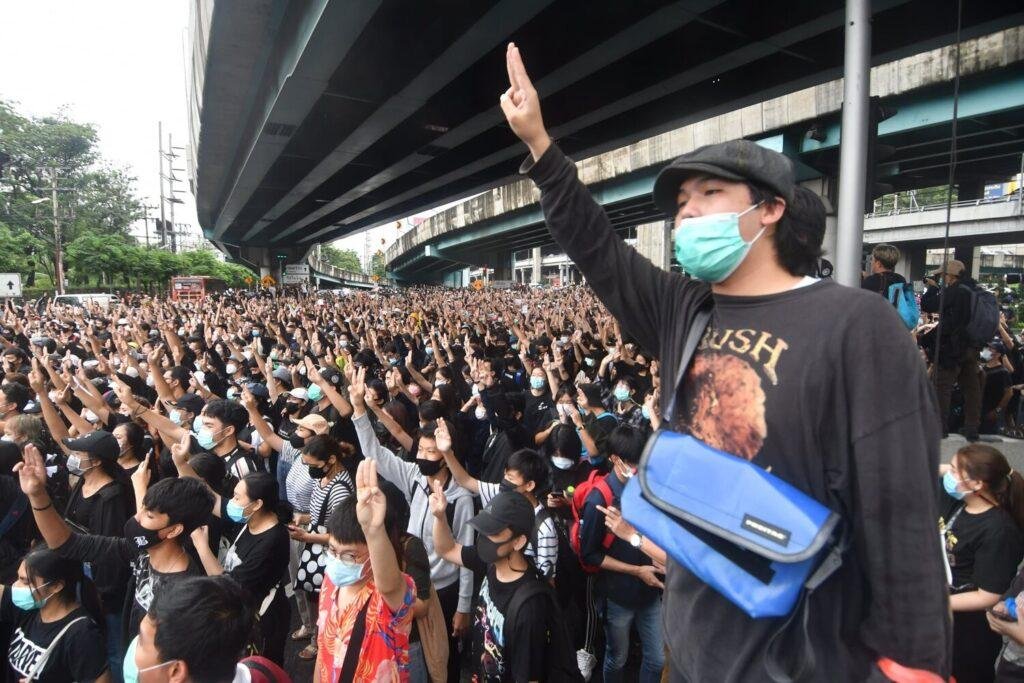Intersection of race and politics
The intersection of this topic explores how race has shaped political discourse and policy in the United States, including the impact of voter suppression, the Black Lives Matter movement, and affirmative action.
The intersection of race and politics is a complex and multifaceted topic that has shaped political discourse and policy in the United States for centuries. The issue of race has been a defining factor in American politics, impacting everything from voting rights to criminal justice to healthcare.

The way race intersects with politics has created both progress and challenges and understanding this intersection is crucial to understanding the history of the United States and its ongoing struggle to achieve social and racial justice.
One of the most significant ways in which race intersects with politics is through voter suppression. Voter suppression has a long and troubling history in the United States. Dating back to the Jim Crow era when laws were enacted to prevent Black Americans from voting.
Today, voter suppression takes many forms, including gerrymandering, strict voter ID laws, and limiting early voting and mail-in voting. These tactics disproportionately impact people of color also make it harder for them to exercise their right to vote.
The issue of voter suppression has been at the forefront of recent political discourse. Many activists also politicians calling for voting rights reform to ensure that all Americans have equal access to the ballot box.
Another critical aspect of the intersection of race and politics is the Black Lives Matter movement. The movement began in 2013 after the acquittal of George Zimmerman in the shooting death of Trayvon Martin and gained national attention in 2014 after the police killing of Michael Brown in Ferguson, Missouri.
The Black Lives Matter movement aims to bring attention to police brutality and the systemic racism that exists in the criminal justice system. The movement has sparked a national conversation about race and racism also has led to widespread protests and activism.
The movement has also influenced policy changes. Such as police reform initiatives and the reallocation of funding from law enforcement to social programs.
Affirmative action is another area where race intersects with politics. Affirmative action policies were established in the 1960s. Aimed to address historical discrimination against people of color and women in education and the workplace.
The policies were designed to promote diversity and equal opportunity by considering race and ethnicity in admissions and hiring decisions. However, affirmative action policies have been controversial. Some arguing that they perpetuate racism by giving preferential treatment to people based on their race.
The issue of affirmative action has been the subject of numerous court cases. The Supreme Court weighing in on the legality of these policies.
Race also intersects with politics in healthcare policy. Health disparities exist in the United States. People of color experiencing higher rates of chronic illnesses, infant mortality, also other health issues.
These disparities are due to a variety of factors, including poverty, lack of access to healthcare, and discrimination. Healthcare policy has the potential to address these disparities by expanding access to affordable healthcare. Promoting preventative care, and investing in historically underserved communities.
The Affordable Care Act, also known as Obamacare, was a significant step in this direction. Provisions aimed at expanding healthcare coverage and reducing healthcare disparities.
Conclusion
The issue of race intersects with politics in the broader context of social and economic inequality. People of color, particularly Black and Indigenous people, have historically faced systemic discrimination and disadvantages in education, employment, housing, and other areas.
This has led to significant disparities in wealth, income, and access to resources. Addressing these disparities requires policy solutions that promote equity and address the root causes of inequality.
This can include policies such as increasing the minimum wage. Expanding access to affordable housing, and investing in education and job training programs. 온라인카지노

